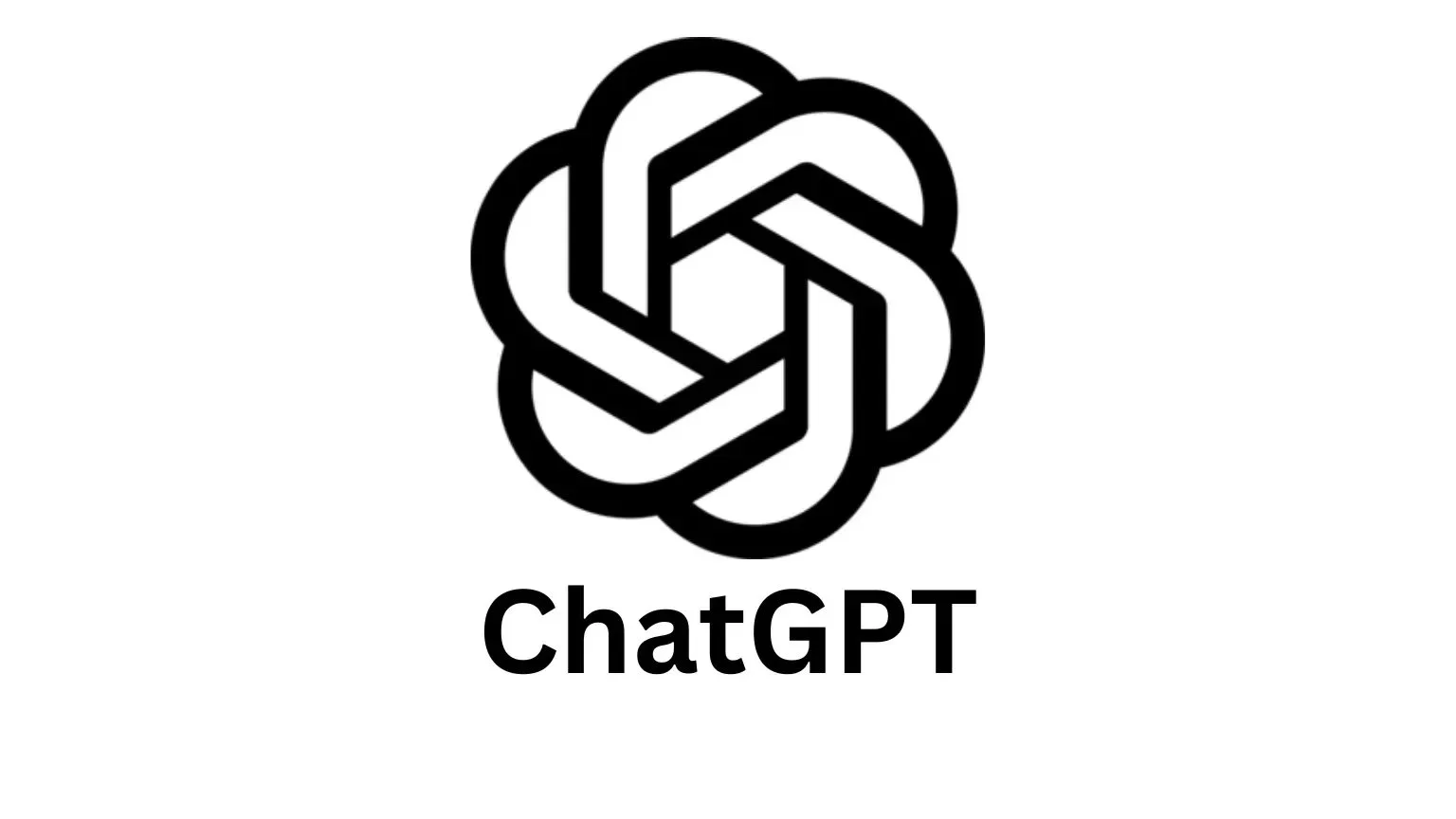Transforming Corporate Training: The Power of Personalized Learning with AI
Attracting and retaining talent in today’s ever-evolving technological landscape is a challenge, so how do you keep up with the trends? The answer? Using AI to create personalized training to fit individual needs. Today, let’s talk about the rapid development of AI for customized learning, how to use it to your advantage, and where it could lead you in the future.
The true birth of artificial intelligence is often traced back to the 1950s. Alan Turing, likely a name you will recognize, was among the first to consider AI (“machine intelligence”). Turing proposed an “imitation game” (now known as the Turing test of machine intelligence) whose design was to determine if a computer can imitate a human enough so that a human interacting with it could not tell the difference.
Turing Test
IBM Computers
Since the 1950s, there have been both successes and fallbacks in the development of AI, but advancements started in leaps and bounds in the 21st century. With the rapid developments in computers, AI soon followed, exploding even further with the growth of the internet. The expansion of personalized learning came with the AI boom in 2020 and has grown exponentially since then. Despite the concept of AI being around for 75 years, it has only been in the last 4-5 years that AI has integrated itself into the majority of technology and people’s day-to-day lives. The most pivotal moment came with the launch of ChatGPT in November of 2022. Chat GPT exploded across the internet, going viral before being quickly adopted by educators and businesses.
ChatGPT
LinkedIn Learning
Even if you are a small business with little budget, AI can benefit your employees and your business. Research by McKinsey & Company “found that companies that excel at personalization generate 40% more revenue” compared to their peers. ChatGPT is a freely available resource that continues to develop, while AI-driven learning platforms like LinkedIn Learning or Degreed have low-cost barriers. These programs can enhance employee engagement through tailored learning paths while completing real-time skill assessments to address individual learning gaps. These adaptive learning solutions enhance equity among diverse groups, allowing individual needs to be met.
As AI continues to evolve, its potential in corporate training is limitless. Emerging trends include predictive analytics for workforce planning, which can identify future skills gaps and proactively train employees before those gaps become critical. AI-driven coaching systems, such as virtual mentors, could provide personalized, real-time feedback tailored to an employee’s learning style and progress.
Opportunities lie in creating hyper-personalized learning ecosystems that go beyond traditional training. Imagine employees having access to virtual simulations tailored to their roles, enabling hands-on experience without real-world risks. These systems could also support diversity, equity, and inclusion (DEI) initiatives by ensuring that learning materials are culturally relevant and accessible.
However, the road ahead isn’t without challenges. Ethical considerations, such as avoiding bias in AI algorithms, must be addressed. Data privacy and security are also paramount, as companies handle sensitive employee information. Overcoming resistance to AI adoption will require clear communication about its benefits and limitations.
AI is transforming corporate training by making learning more personalized, engaging, and effective. From enhancing employee satisfaction to driving business outcomes, the potential of AI-driven training is immense. To stay competitive, businesses should explore AI-driven tools and consider implementing pilot programs to test their impact. The future of corporate training is here—and it’s powered by AI.
Resources
Educate 360. (2024). The corporate training trends set to dominate 2024. In Corporate Training.
Fetty, N. (2024, August 22). Have We Passed the Turing Test, and Should We Really be Trying? - NYAS. https://www.nyas.org/ideas-insights/blog/have-we-passed-the-turing-test-and-should-we-really-be-trying/
History of artificial intelligence. (2025). In Wikipedia. https://en.wikipedia.org/w/index.php?title=History_of_artificial_intelligence&oldid=1271368710
The value of getting personalization right—Or wrong—Is multiplying | McKinsey. (n.d.). Retrieved January 26, 2025, from https://www.mckinsey.com/capabilities/growth-marketing-and-sales/our-insights/the-value-of-getting-personalization-right-or-wrong-is-multiplying.
Images
Easton, J. (2023, April 14). European watchdog creates Chat GPT taskforce. National Technology. https://nationaltechnology.co.uk/European_Watchdog_Chat_GPT.php
History of artificial intelligence. (2025). In Wikipedia. https://en.wikipedia.org/w/index.php?title=History_of_artificial_intelligence&oldid=1271368710
Online Learning for Companies | LinkedIn Learning. (n.d.). Retrieved January 26, 2025, from https://learning.linkedin.com/for-entire-companies
Souo S2000 Motorcycle Shines Amid Electric Bike Range Issues—IEEE Spectrum. (n.d.). Retrieved January 26, 2025, from https://spectrum.ieee.org/chinese-motorcycles





